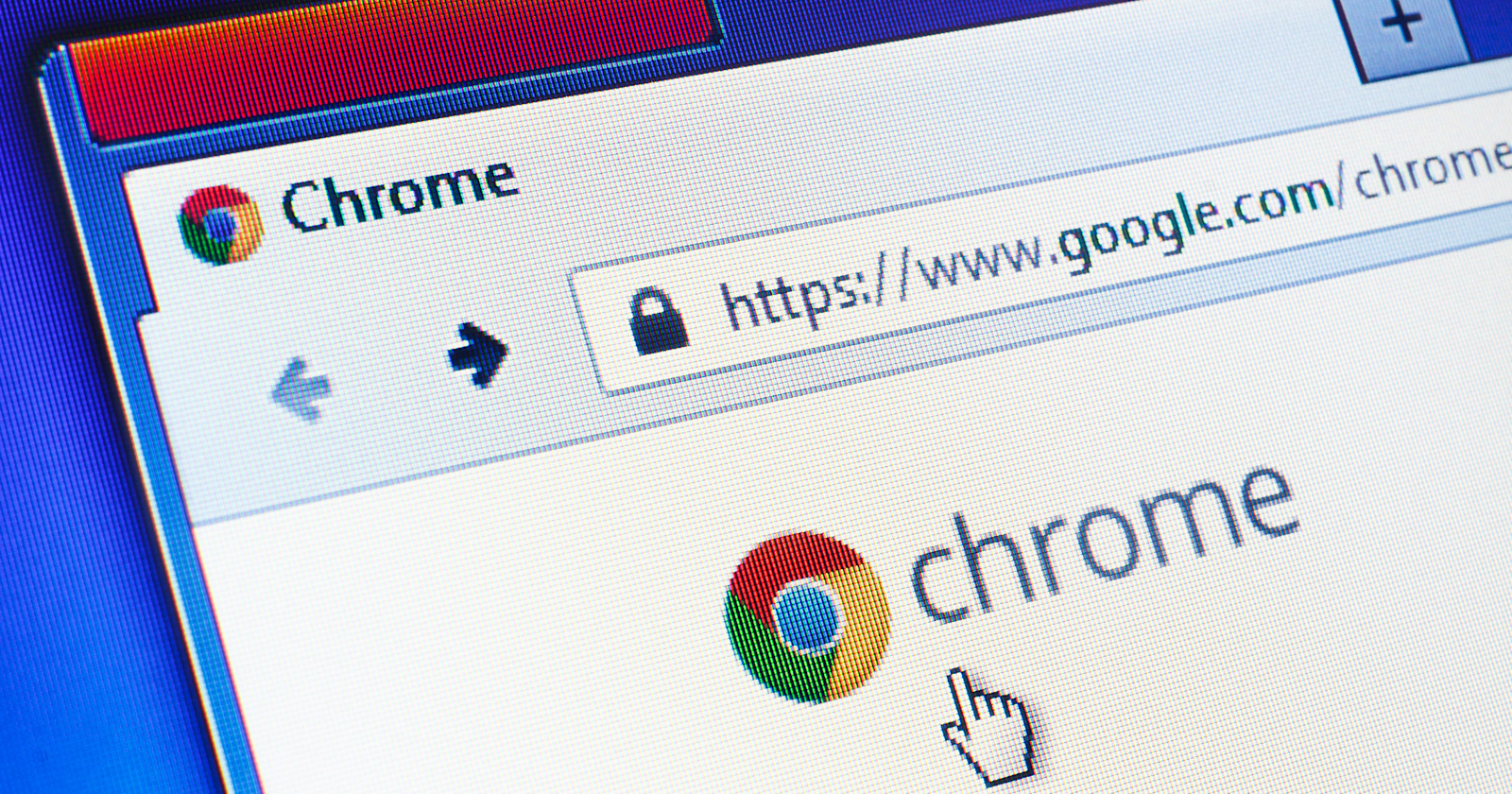
Google is working on ways to hide parts of a website’s URL in the address bar, showing only the domain name.
This update could be coming as early as the next version of Chrome (version 85), according to documents discovered by Android Police.
The documents reveal details about experimental features in a pre-release version of Chrome that modify the appearance and behavior of the browser’s address bar.
An experimental feature is referred to, in Chrome developer terms, as a “flag.”
The main flag found by Android Police is called “Omnibox UI Hide Steady-State URL Path, Query and Ref.” This feature makes the Chrome browser hide all parts of a URL except the domain name.
The other flags discovered are all related to the main one one. They reveal new ways in which the address bar can be interacted with in future versions of Chrome.
Users will be able to hover over the address bar to show the full URL path, which is a slight update from having to click on the address bar to see the full URL.
Another feature being worked on will have Chrome hide the entire address bar when a user begins interacting with the page.
Further evidence that these features are being worked on can be seen in a Chromium bug tracker page where developers log the issues they’ve run into while working on the features so far.
Why Hide the Full URL Path?
This change is a fairly significant shift away from what users are accustomed to seeing when browsing with Chrome on a desktop computer.
Currently, Chrome displays most of a web page’s URL path. Although it does hide the prefixes such as ‘HTTP/HTTPS’ and ‘www.’
Soon, that will be reduced even further to only displaying the domain name and domain extension.
Here are some possible reasons why Google might be doing this.
Security
In the past, a Google software engineer stated that showing full URLs in the address bar may actually make it more difficult to determine if a site is legitimate.
ADVERTISEMENT
CONTINUE READING BELOW
The reasoning is that showing a full URL may detract from the most important part of the URL – the domain name – which is crucial to knowing how secure the site is.
Consistency
It’s not uncommon for current versions of today’s web browsers to hide full URL paths. Google may be working on this update to bring its browser more in line with the look and feel of others.
Safari, for example, hides full URL paths but it doesn’t go as far as to hide the full address bar when a user begins interacting with a page.
Full URLs are not quite as accessible on Safari, however, as users have to click on the address bar to reveal it in full. In Chrome 85, users will be able to hover over the address bar to see the full version.
Google hasn’t publicly acknowledged this particular update coming to Chrome 85. Perhaps a statement will be made when it officially rolls out.
ADVERTISEMENT
CONTINUE READING BELOW
Would be interesting to hear the company’s take on why it’s dropping the focus on full URL paths.
Source: Android Police
http://tracking.feedpress.it/link/13962/13630086

